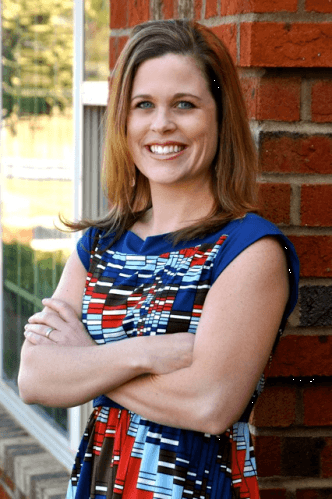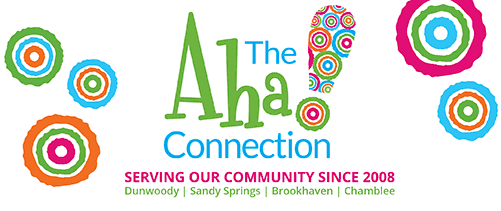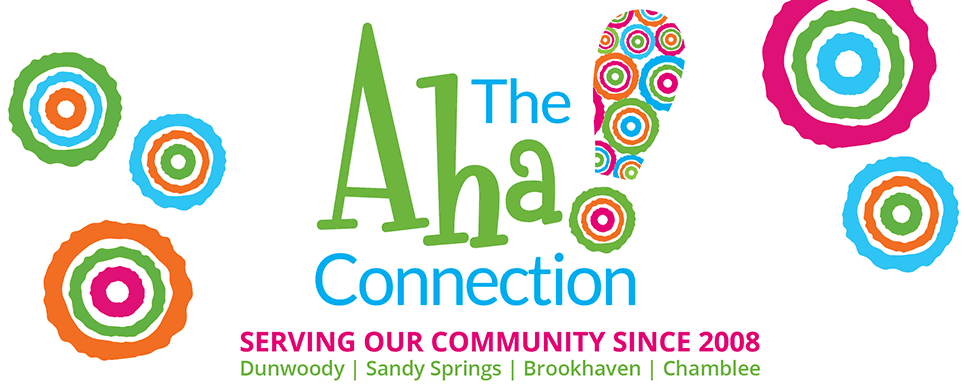 by Tatiana Matthews, LPC for The Aha! Connection
by Tatiana Matthews, LPC for The Aha! Connection
In the last two years, my practices in Alpharetta and Dunwoody have been inundated by suicidal patients. It is unlike anything I’ve seen during my nearly 25 years in the mental health field. The Centers for Disease Control reports that between 2007 – 2017 the overall rate of suicide rose 26%. During the same period, the suicide rate for children (age 10-17) doubled. Sadly, these trends are reflected in my local clientele and some patients have died by suicide, leaving behind devastated family members and friends. There are many factors that may contribute to suicide, but here are some of the influencers that are prevalent in my practice:
- Alcohol and drugs. Adults and adolescents who struggle with substance abuse or are under the influence are more likely to act on their emotional impulses.
- Suicide is more frequently about anger than depression. It is the ultimate passive-aggressive act.
- Media exposure. The entertainment industry normalizes suicide. It’s been glamorized.
- Un-diagnosed conditions. Those with a bipolar diagnosis are more likely to commit suicide. We frequently miss bipolar diagnoses in the mental health community treating patients for depression and anxiety while their suffering goes on for far too long. (This is also hugely true for developmental disorders.).
- Social media. Despite some of the blessings it brings, social media ultimately magnifies the desire for perfection in adults and children.
- Too fast, too much culture. We move too fast and demand too much of ourselves and our children. We push to reach the next milestone, add another extra-curricular, one more advanced class, specialized sports training, and employ college career coaches – motivated by the fear that if we don’t, our children are at a disadvantage or destined to fail. The amount of pressure is unsustainable, and our bodies are not evolved to cope with it.
- We have tricked our children and many adults into believing that life is “all about you”. Our community has lost its focus on community. One of the best things you can do for your own mental health, is to care for and support others. If we live a life of entitlement we are more vulnerable to lack coping skills when disappointments occur.
- Fear of failure. We have lost our ability to self-soothe, to ride out difficult situations, to problem solve and to be OK with failure. Because we as adults struggle with this, our kids don’t know how to do it either. We frequently swoop in and fix what’s broken for them. We struggle with letting them learn from their mistakes when, in fact, failure is our best teacher.
We have an epidemic on our hands. No one is free from the impact suicide can have on our lives. No one is free from inadvertently participating in this crazy culture of ours.
What can we do? A starting place is to practice intentional living.
- Be intentional about attending to our mental health and that of our loved ones.
- Be intentional about taking it slower and easier for ourselves and others.
- Be intentional about being present in the lives of others and for loving our neighbor.
- Be intentional about accepting our successes and our failures as a part of the process of growing up – whether you are 16 or 63.
If you or someone you know is experiencing thoughts of suicide, go to your closest emergency department, call 911 or The National Suicide Prevention Line: 1-800-273-8255.
Best,
Do you have a question for Tatiana? Learn more about her weekly Aha! Advice column here.
Contact:
Tatiana Matthews, LPC
tatiana@theahaconnection.com








